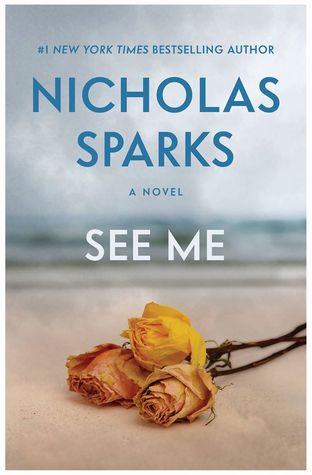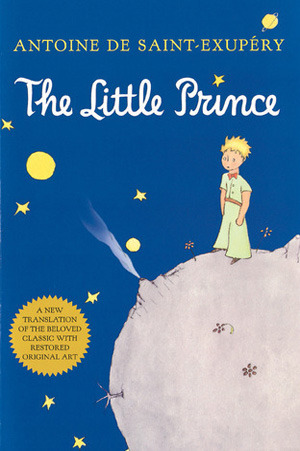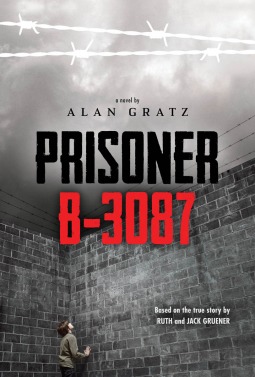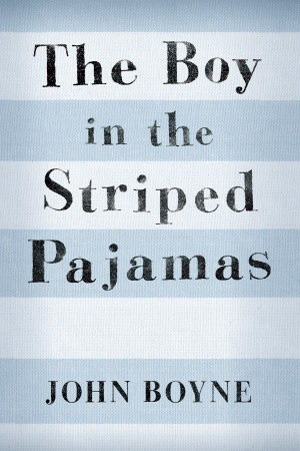It's not like I meant for him to get hurt. . . .
Julian Twerski isn't a bully. He's just made a big mistake. So when he returns to school after a weeklong suspension, his English teacher offers him a deal: if he keeps a journal and writes about the terrible incident that got him and his friends suspended, he can get out of writing a report on Shakespeare. Julian jumps at the chance. And so begins his account of life in sixth grade--blowing up homemade fireworks, writing a love letter for his best friend (with disastrous results), and worrying whether he's still the fastest kid in school. Lurking in the background, though, is the one story he can't bring himself to tell, the one story his teacher most wants to hear.
I really enjoyed this YA novel. I found the main character’s narrative to be quite entertaining. I often found myself smiling and/or laughing at the antics recalled by the narrator throughout the story. I like that the story was written in diary form. It's not often that male characters keep a diary (albeit, our protagonist was forced to in this case), and I enjoyed the different perspective. The narrative encompasses all the hallmarks of adolescence: Pranks, fights, crushes, competition, poor judgement, and lessons learned. I think it makes a great addition to any YA library and I will certainly be recommending it to my students in the future.
Julian Twerski isn't a bully. He's just made a big mistake. So when he returns to school after a weeklong suspension, his English teacher offers him a deal: if he keeps a journal and writes about the terrible incident that got him and his friends suspended, he can get out of writing a report on Shakespeare. Julian jumps at the chance. And so begins his account of life in sixth grade--blowing up homemade fireworks, writing a love letter for his best friend (with disastrous results), and worrying whether he's still the fastest kid in school. Lurking in the background, though, is the one story he can't bring himself to tell, the one story his teacher most wants to hear.
~~~~~~~~~~~~~~~~~~~~~~~~~~~~~~~~~~
I really enjoyed this YA novel. I found the main character’s narrative to be quite entertaining. I often found myself smiling and/or laughing at the antics recalled by the narrator throughout the story. I like that the story was written in diary form. It's not often that male characters keep a diary (albeit, our protagonist was forced to in this case), and I enjoyed the different perspective. The narrative encompasses all the hallmarks of adolescence: Pranks, fights, crushes, competition, poor judgement, and lessons learned. I think it makes a great addition to any YA library and I will certainly be recommending it to my students in the future.







